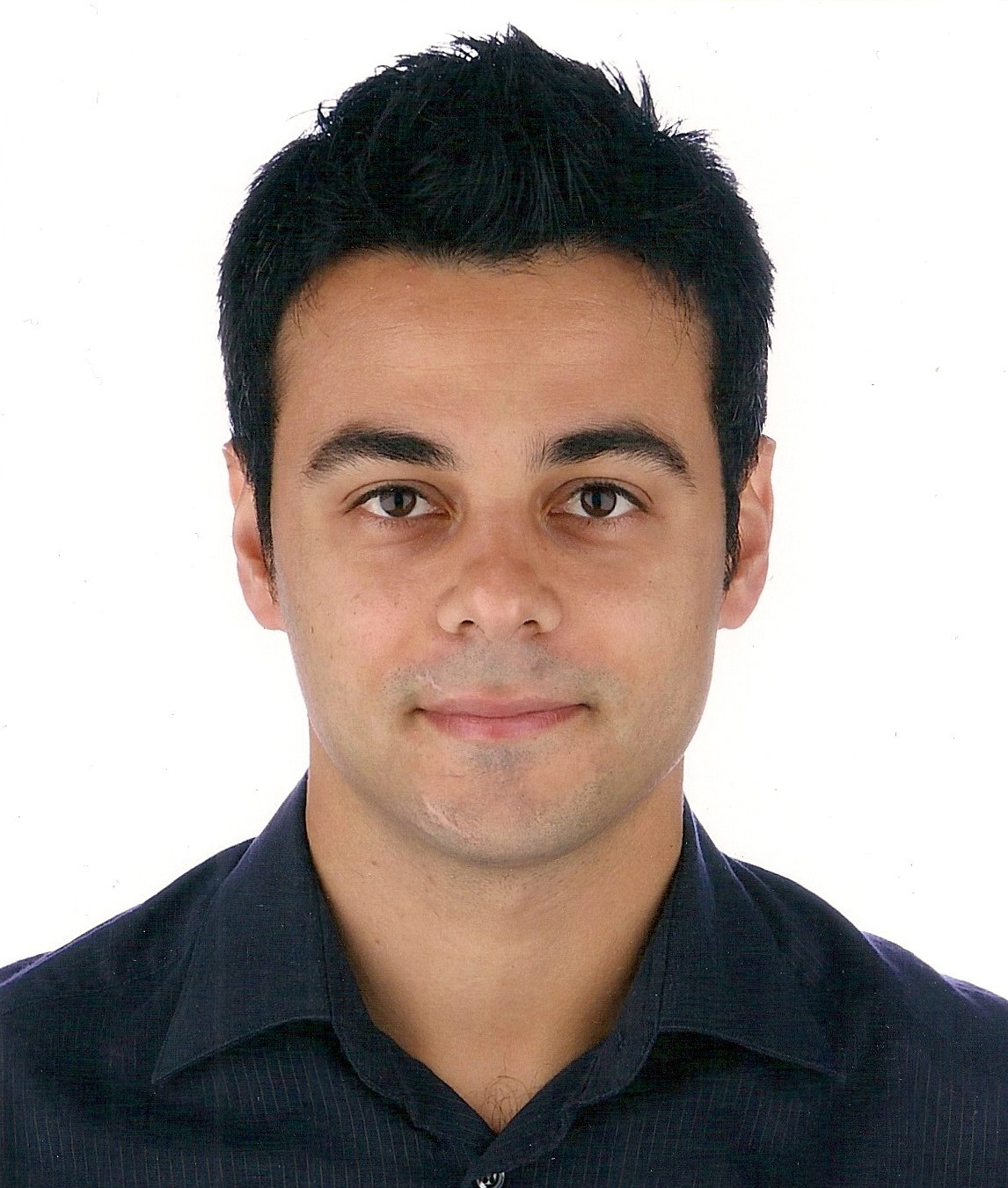Pier Paolo Comida

"Winning this award is a great satisfaction and a real honour, as it rewards all the efforts and sacrifices made during the completion of my PhD, confirming the relevance and quality of the work."
Pier Paolo Comida
PhD Earth Sciences, 2022
Centre Eau Terre Environnement | Supervisor : Pierre-Simon Ross
Pier Paolo Comida's PhD project focuses on the study of volcanic fragments called ash, generated by explosive volcanic eruptions. The analysis and interpretation of these ashes produced by the fragmentation of magma is one of the main methods of investigation of volcanic eruptions in order to predict and limit the impact of future events. Historically, highly variable methodologies have been used, making comparison between studies and data very difficult. The main challenge of this PhD project was to develop a standard, comprehensive and affordable methodology that could be used by as many researchers as possible, thereby reducing economic and technological disparities. The large-scale use of this methodology will allow comparable data to be obtained, thus improving the knowledge of volcanic phenomena.
What brought you to INRS? What do you remember about your experience?
I came to INRS attracted by the PhD project in experimental volcanology proposed by my director, Pierre-Simon Ross. Volcanology being one of my great passions, the project corresponded perfectly to my interests and aspirations. Working on this project and living in Quebec City was an incredible, sometimes challenging, yet rewarding and educational experience. During my five years in Quebec, I had the opportunity to work and visit different countries such as the United States, Germany and Italy. I made important new friends and enjoyed life in Quebec and its traditions. The snowy Christmases were magical and discovering the natural environment of its four seasons was a unique experience.
Can you describe the challenge and impact of the research presented in your PhD thesis?
This PhD project is concerned with the study of volcanic fragments of 2 mm or less (called ash), generated by explosive volcanic eruptions (the most dangerous to society). The analysis and interpretation of this ash produced by the fragmentation of magma is one of the main methods of investigating past volcanic eruptions to predict and limit the impact of future events.
However, historically, highly variable methodologies have been used by different researchers, which makes comparison between studies and data very difficult. In this respect, the main challenge of this PhD project was to develop the first standard, comprehensive and affordable methodology that could be used by as many researchers as possible, thus reducing economic and technological disparities. This methodology has just been published (January 2022) in the Bulletin of Volcanology, one of the best journals in the field. The large-scale use of this methodology will allow comparable data to be obtained, thus improving knowledge of volcanic phenomena. The other major challenge has been to relate the characteristics of the volcanic fragments to the processes of magma fragmentation in lava fountains. As these processes cannot normally be observed, we reproduced magma fragmentation in the laboratory. The difficulty was to study a material as complex as molten rock at temperatures of 1200 degrees Celsius. Thanks to the direct observation of magmatic fragmentation by high-speed cameras, the dynamics of this eruptive style can be better understood, with a positive impact on the mitigation of natural hazards related to this type of activity. The results of this research will be published in the Journal of Volcanology and Geothermal Research and the Bulletin of Volcanology.
What does it mean to you to win this award?
Winning this award is a great satisfaction and a real honour, as it rewards all the efforts and sacrifices made during the PhD, confirming the relevance and quality of the work.
What's the next chapter for you now that you've graduated?
The next step in my career will see me return to Québec City for a postdoctoral fellowship to continue the work I started as a PhD student. In the long term, my goal is to be part of a volcanic observatory, studying an active volcano to anticipate and limit the impact of a future volcanic eruption.
